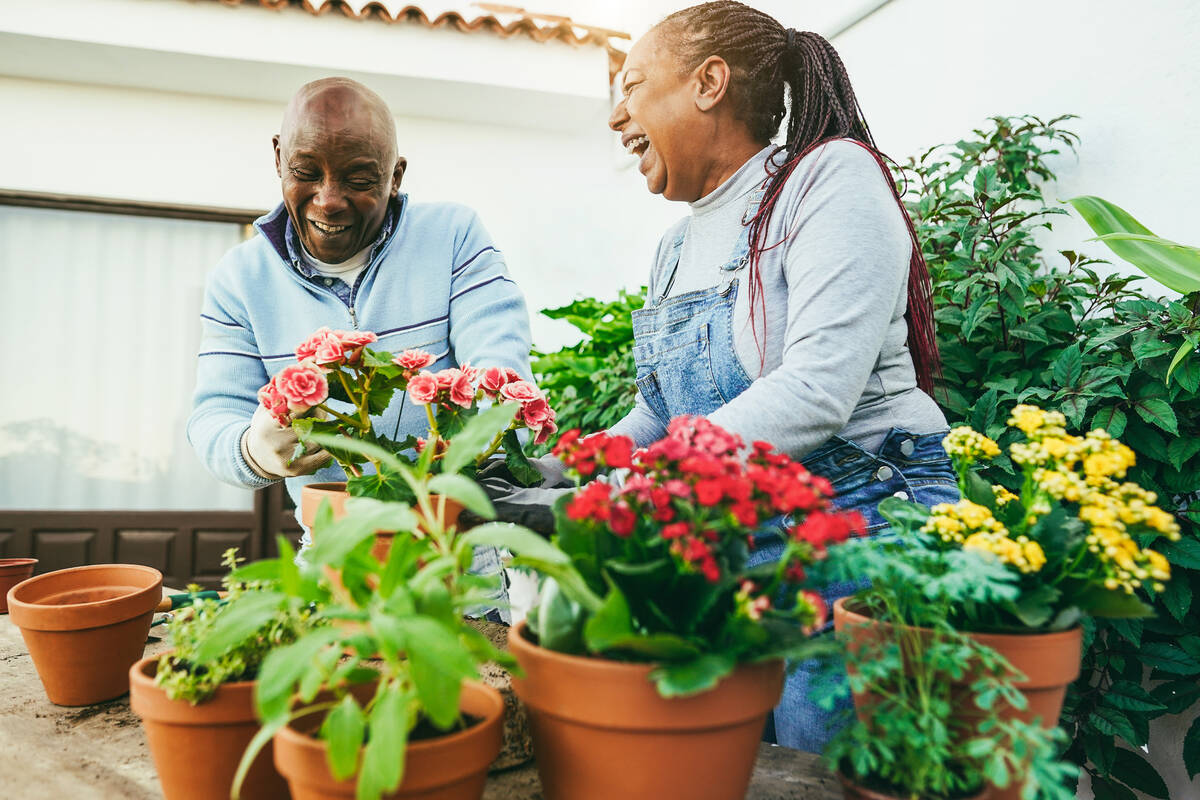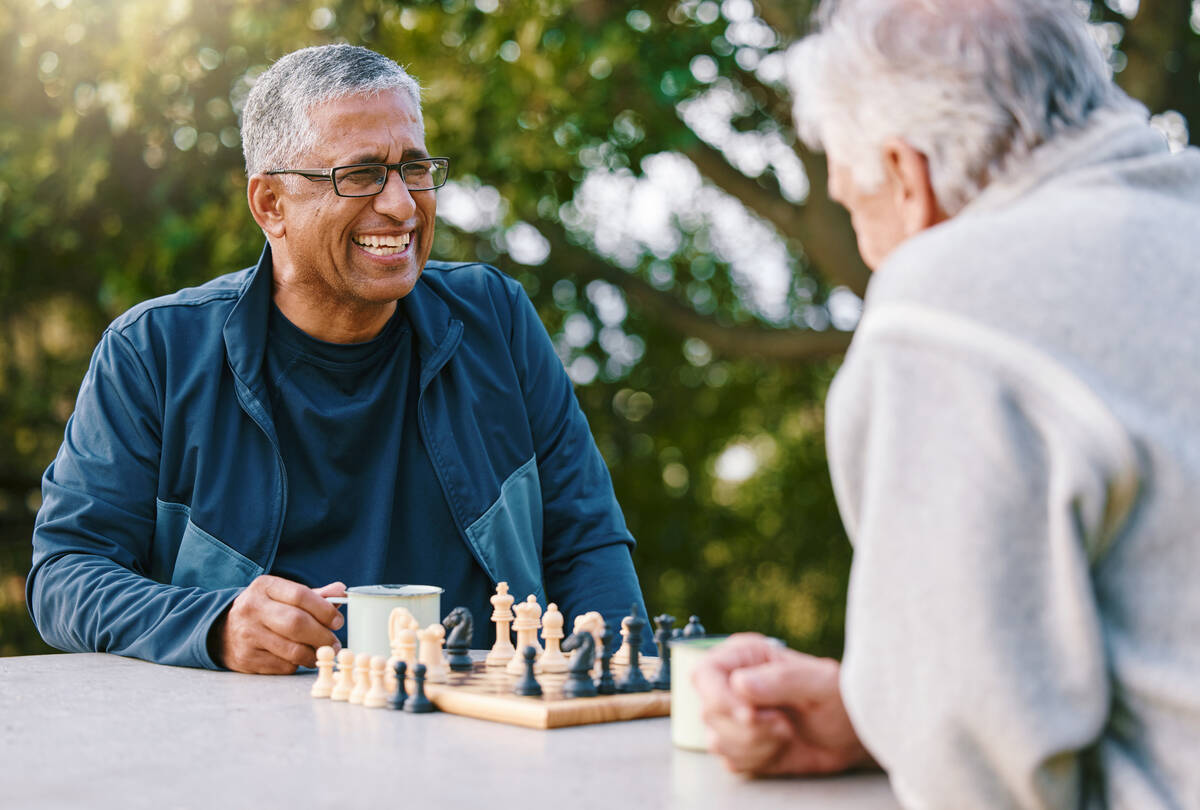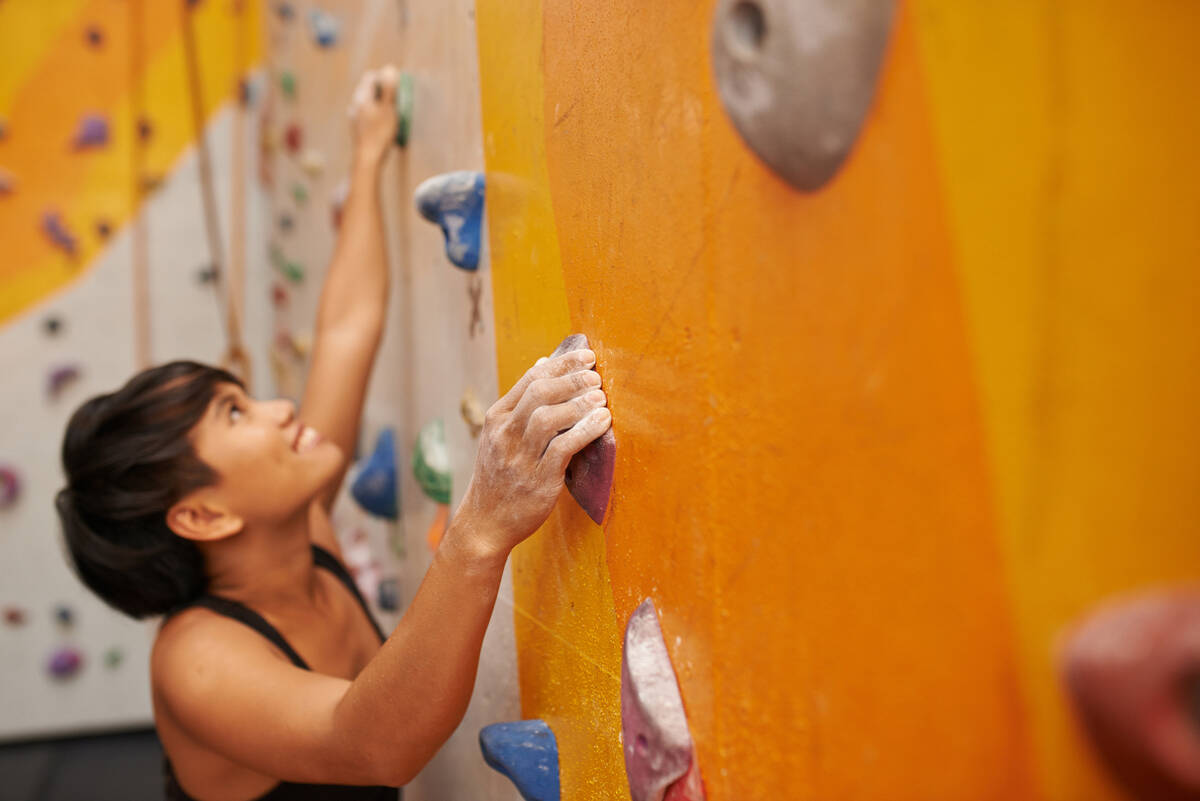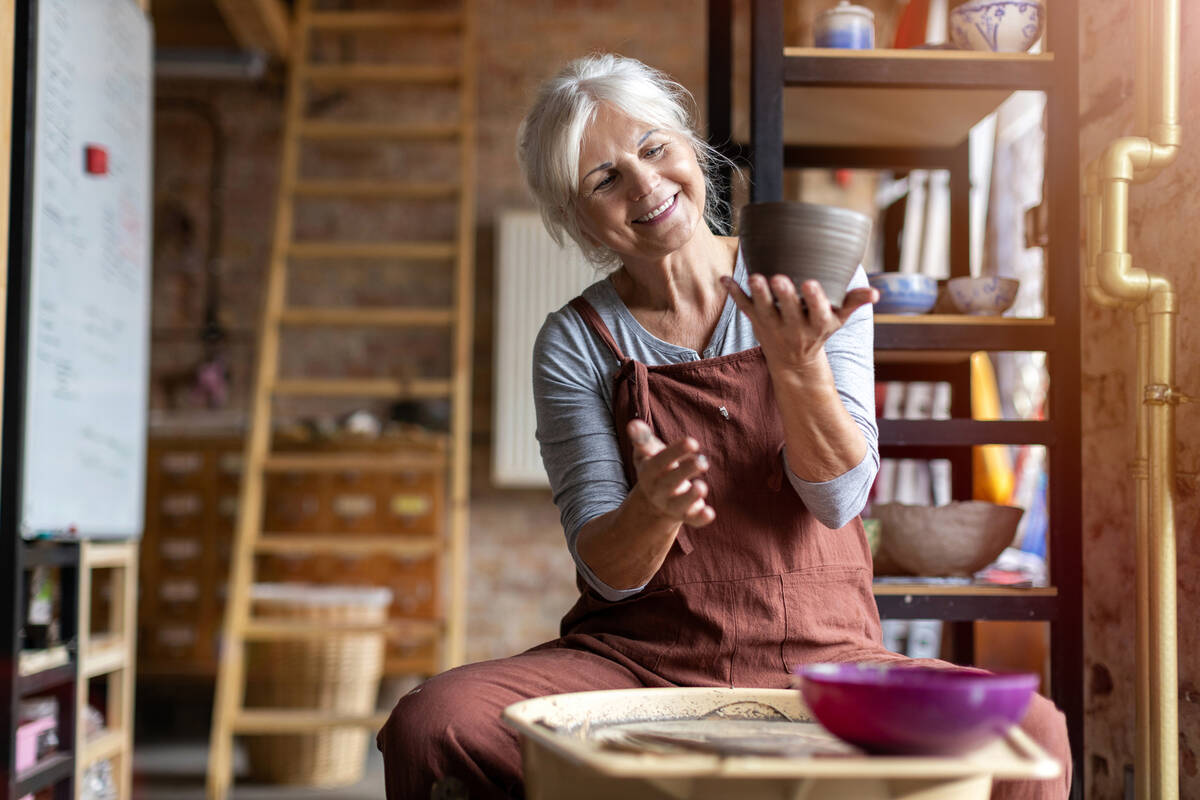How hobbies play an essential role in health and wellness
Want a better life? You need a hobby.
A study published last year in Nature reveals that people who engage in hobbies experience greater life satisfaction, more happiness and fewer depressive episodes than those who don’t.
The study tracked nearly 100,000 participants across 15 countries for three years, finding a consistent positive link between mental health and hobbies.
How hobbies keep you healthy
Hobbies improve happiness, in turn contributing to better overall mental health.
“Enjoyable activities trigger the release of neurotransmitters like dopamine and endorphins, which are known to boost mood and create feelings of pleasure and satisfaction,” explains Ellie Borden, the clinical director of Mind by Design.
Hobbies provide more than mood boosts. Maryland-based therapist Beth Charbonneau says that physical activity is one of the best ways to relieve stress. Hobbies and activities such as walking, gardening, disc golf, hiking, bird-watching and other active interests can improve mental and physical health.
Coral Link, a therapist with Whole Therapy, says that hobbies offer a sense of accomplishment. “The continual improvement developed through hobbies leads to a more positive state of feelings, which in turn provides a heightened sense of self-worth,” she explains.
Engaging in hobbies gives us a reason to feel good about ourselves, a vital ingredient for happiness.
Reaping the benefits
Hobby prioritization and engagement can be challenging for those bogged down by the realities of daily life. Here’s how to discover a hobby conducive to long-term family health and wellness.
Prioritize hobbies: Many people juggling families, jobs, and daily responsibilities don’t engage in hobbies because of hectic schedules.
Reframe hobbies: Personal interests are no longer indulgences; people should engage in hobbies at similar rates to other self-care and wellness activities.
Borden says she encourages her clients to cultivate hobbies as part of their therapeutic journey. “I encourage my clients to explore their interests and passions, recognizing that nurturing these aspects of themselves can lead to greater resilience, empowerment, and overall life satisfaction.”
Dabble: Not everyone finds joy in the first activity they try. Dr. Ozan Toy, psychiatrist and chief medical officer at Telapsychiatry, says that it’s important for individuals to choose hobbies that spark interest and mesh with their lifestyle. “It’s obviously a personal preference,” he says. “What works for one person may not work for another.”
Explore the wealth of possibilities: Take a painting class, play disc golf, write a short story and try a new recipe. It is easier to discover interests when approaching new things with an open mind.
Rekindle old loves: Revisit college or grade-school interests, such as learning new languages, painting or running. Rekindle that lost love and see if it still fuels excitement and interest. Pinpoint which aspects of old interests were alluring — such as camaraderie, competition or creativity — and lean into them.
Get help: Finding a great hobby can seem like an insurmountable obstacle when stuck in the drudgery of daily life. Accessible online resources can help busy folks discover their passion, and life coaches can collaborate with newbies to find life-enriching activities.
Identifying healthy hobbies: Although hobbies are typically great for mental health, they’re not all created equal. Some can be detrimental to health and well-being. It’s vital to recognize when a hobby causes more harm than good. Activities that promote excessive screen time, such as gaming or social media use, can lead to social isolation and sleep problems.
Destructive behavior — gambling, excessive shopping or substance abuse — can contribute to financial problems and relationship issues, negatively affecting mental health.
Anny Papatheodorou, a psychotherapist with Triplemoon Psychotherapy, says that any hobby can become destructive.
“This usually occurs when hobbies are pursued in unhealthy ways,” she says, explaining that when you engage in a hobby excessively, use a hobby for negative self-comparison or seek perfection, it diminishes the positive effects that a hobby has on mental health.
“It’s important to approach hobbies with balance and self-awareness, recognizing when a hobby starts to have negative effects,” she adds.

















